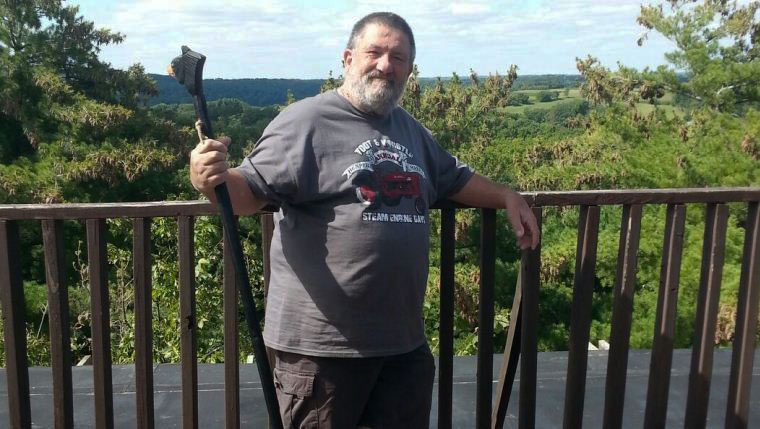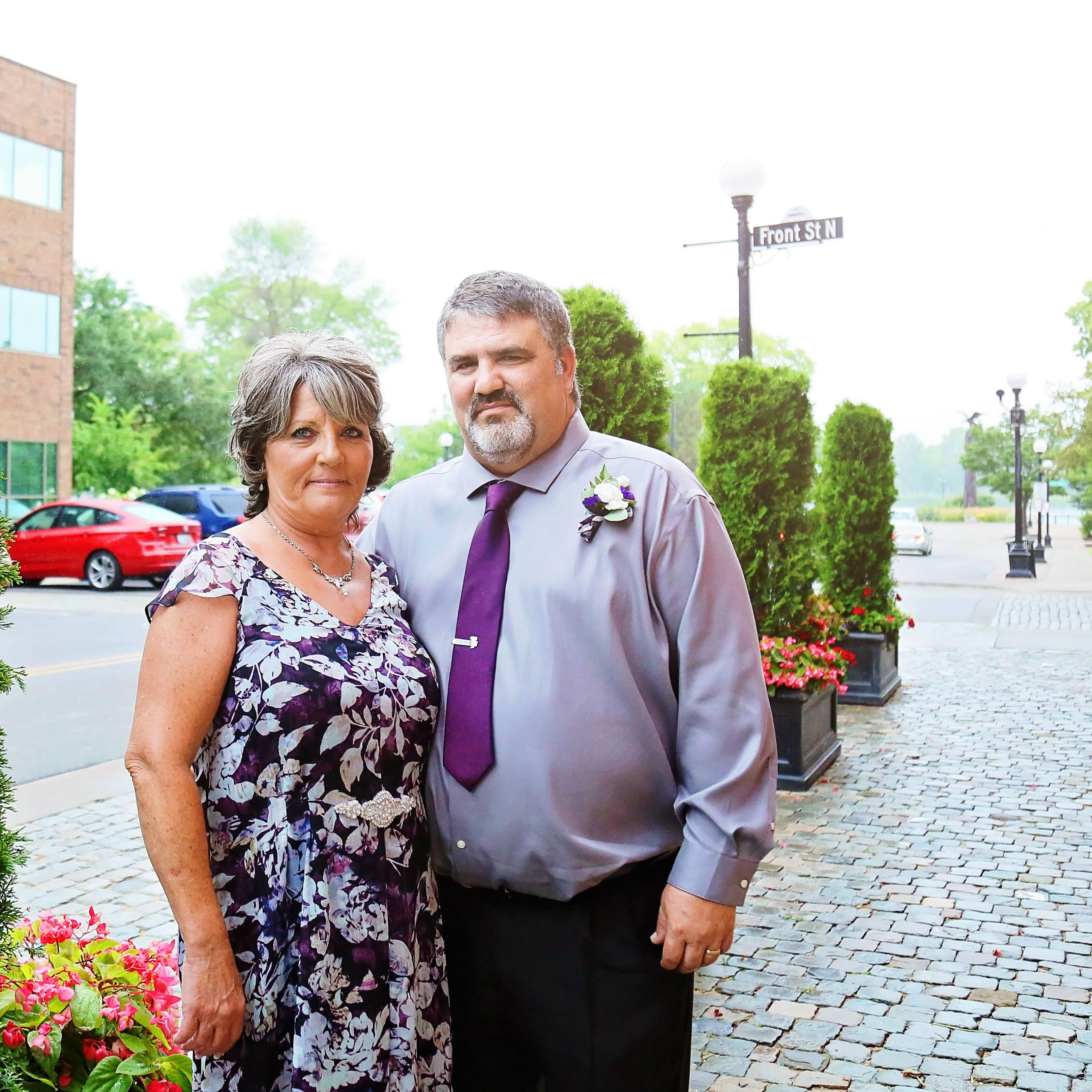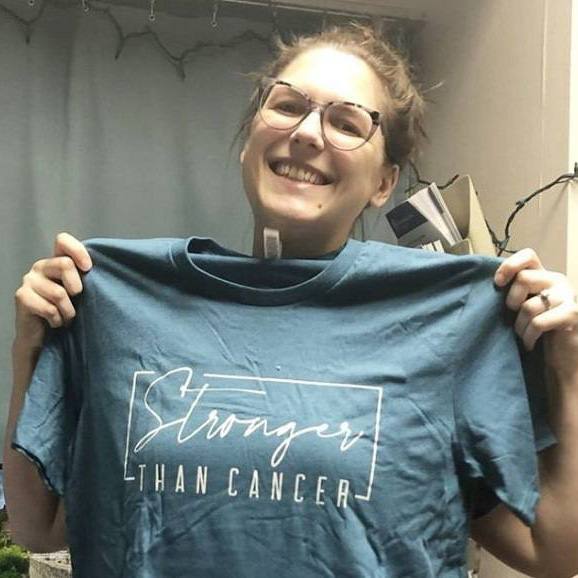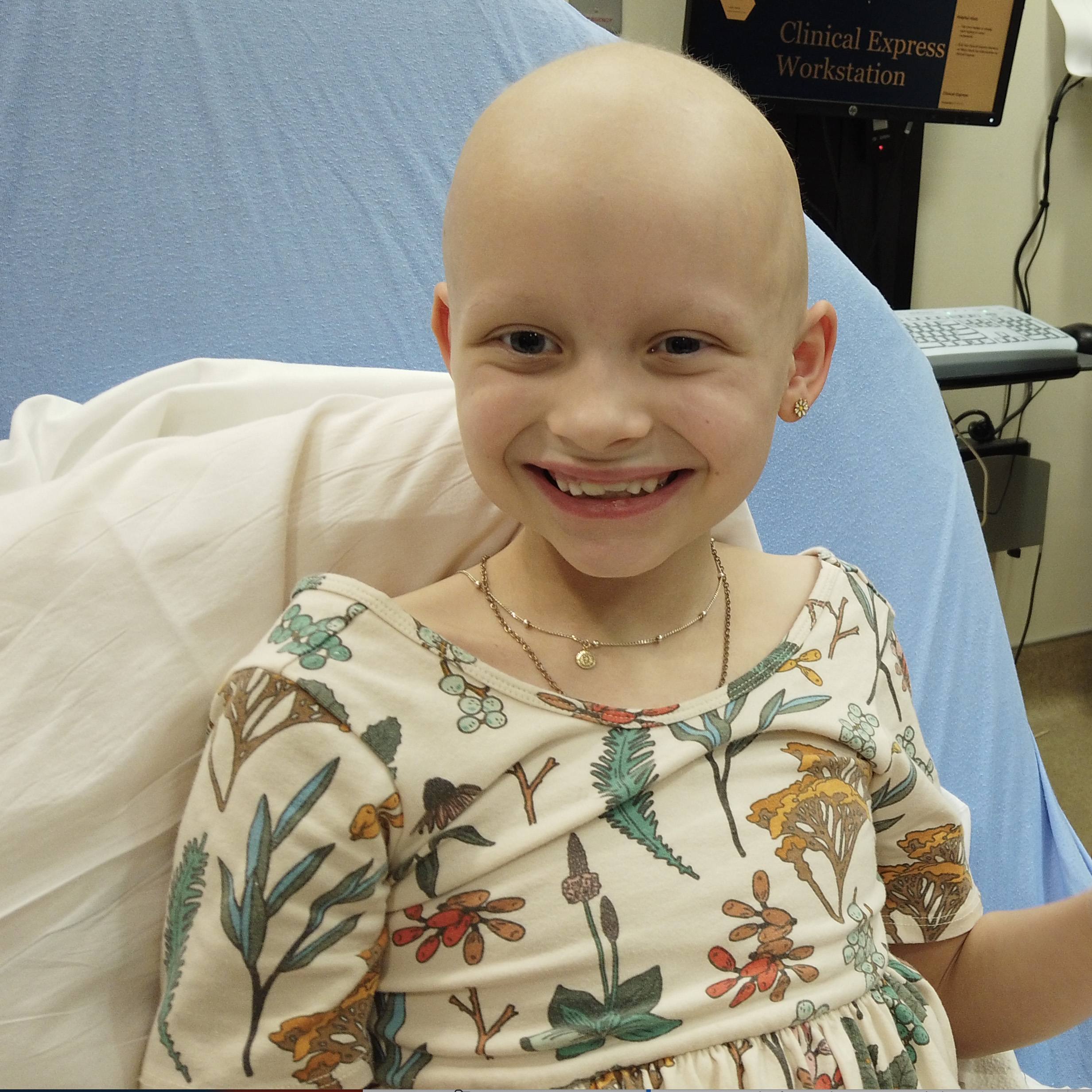 Michael Tessmer got out of his parents' car and stared at the hospital building before him. His parents had brought him to a hospital in his home state of Iowa for the first of 14 surgeries to repair a cleft palate. Each time, young Michael would be dropped off on the front steps of the hospital, and he would not see his parents again until the hospital released him.
Michael Tessmer got out of his parents' car and stared at the hospital building before him. His parents had brought him to a hospital in his home state of Iowa for the first of 14 surgeries to repair a cleft palate. Each time, young Michael would be dropped off on the front steps of the hospital, and he would not see his parents again until the hospital released him.
"I don't know if that was hospital policy or what," he says. "But I'd be down there anywhere from two weeks to a month each time, all alone."
That did little to instill trust and confidence in the medical world. In fact, it did just the opposite. "I was terrified of doctors and hospitals," Michael says. "I'm not ungrateful that they fixed me. I'm very happy they did.” But he admits it left him with questions about that approach.
So after the last of his surgeries, Michael stayed as far away from doctors, nurses and other health care providers as he could -- going in to be seen only when it was absolutely necessary. Thankfully, that changed after one of Michael's daughters decided to go to nursing school.
"When she got to the point in the program where they started showing her how to do blood pressure, she took mine, and it was high," he says. At the time, Michael says his wife was being seen by Nancy Erickson, M.D., at Mayo Clinic Health System in Onalaska, so he and his daughter reported his high blood pressure reading to Dr. Erickson and made an appointment for a closer look at what was going on. That was the easy part.
Overcoming his fears
Once he got to the Dr. Erickson’s office, Michael says, "She had a hard time reading my blood pressure at first, because every time I would go in to see her, it would be extremely high." In reality, however, his blood pressure was low outside the doctor’s office.
Things reached a head, he says, the day he dragged himself into Dr. Erickson's office feeling like a "wet noodle" and telling all of his energy was gone. "My blood pressure was 64 over 40 at that point," he says. Dr. Erickson looked Michael squarely in the eyes and asked him what was really going on? "That's when I finally told her I was afraid of doctors," he says.
With that out in the open, Dr. Erickson allowed Michael's daughter to continue monitoring his blood pressure at home and consulted with her over the phone on what to do if his numbers weren't where they were supposed to be.
"She had a hard time reading my blood pressure at first, because every time I would go in to see her, it would be extremely high."
"That's when I got introduced back into the world of medical care," Michael says. "And I give a lot of credit to Dr. Erickson and her nurse, Lori Kennedy, for keeping me coming back."
That's a good thing, because during one of those visits, Dr. Erickson noticed Michael's blood pressure wasn't the only thing that was higher than it should be. "One day, she looked at me and said 'I don't like your PSA (prostate-specific antigen) number, we need to get you checked out,'" he says. Dr. Erickson referred Michael to Michael Price, M.D., a physician at Mayo Clinic Health System in nearby La Crosse, Wisconsin. "I give that man a ton of credit also because he figured out how to work with me," Michael says. "He said, 'We need to do a biopsy.' And when we got the results, he told me I had medium grade prostate cancer."
Choosing a treatment course
Dr. Price offered two different treatment options -- radiation or surgery. He recommended surgery, since Michael was otherwise healthy.
The thought of going through another surgery brought back old memories that "terrified me, " Michael says. But given the alternative, he says it was something he needed to resign himself to. "I knew I had a family history of prostate cancer," Michael says. "When Dr. Price was giving me my options, I asked him what would happen if I did nothing? And he said, 'Two years, and you're done.' After hearing that, he had my attention."
Michael was referred to Mayo Clinic in Rochester, where he met with Matthew Tollefson, M.D. "I told him that there was something deep down inside of me that was telling me to have the surgery and be done with it," Michael says.
"I told him that there was something deep down inside of me that was telling me to have the surgery and be done with it."
What Dr. Tollefson and his care team did next, prior to surgery, was to find out exactly what kinds of things could and would upset Michael once they got inside the operating room. "I was very impressed because he asked me -- and my nurses did, too -- what my trigger points were?" Michael says. "I said, 'When you take me in for surgery, either have me knocked out or have the surgical lights off.' I told them that would just freak me out. And they did. I don't remember much about the surgery itself, but I do remember going in there and it was dim."
When the surgery was over, Michael says it was the first time he can remember that instead of having a vomit bag "thrown under his chin," he instead was asked what he'd like to eat. "It was a much more pleasant experience," he says. "My nurses and everyone else were great. I couldn't have asked for anything better."
Spreading the word about testing
Michael's surgical experience at Mayo was so good, in fact, he says he's been encouraging anyone who will listen to take the time to get their prostate checked, as well -- including his older brother, who Michael says was the first person he called after his diagnosis.
"The surgeon walked in with a big smile on his face and said, 'You have no detectable PSA number. No radiation for you, buddy. You're free.'"
He’s also been talking with his co-workers in LaCrosse. "Some of the other drivers I work with have been asking me about it, and I've asked them when the last time was that they had a physical … And for most of them, it had been quite a while. And I tell them, 'For gosh sakes, the doctors at Mayo told me nobody has to die from this disease. But they do have to catch it early.'"
And catching it early is but one of the many things Michael says he has his care teams at Mayo Clinic Health System and Mayo Clinic in Rochester to thank for. "Everyone asked me questions and told me exactly what they were doing along the way," he says. "They walked me through everything, and that really helped. It was something I'd never experienced from a hospital before in my life. It was just a whole different level of care."
While he says he no longer has any qualms about doctors or hospitals "thanks to Mayo," Michael says based on the results of his first post-surgery checkup, it might be a while before he has any reason to come back. "The surgeon walked in with a big smile on his face and said, 'You have no detectable PSA number. No radiation for you, buddy. You're free.' And all I could say to him was, 'Thank you for saving my life.' What else do you say in a situation like that?"
HELPFUL LINKS
- Learn more about prostate cancer.
- Investigate diagnosis and treatment options at Mayo Clinic.
- Learn about the Mayo Clinic Cancer Center.
- Support cancer research at Mayo Clinic.
- Request an appointment.







